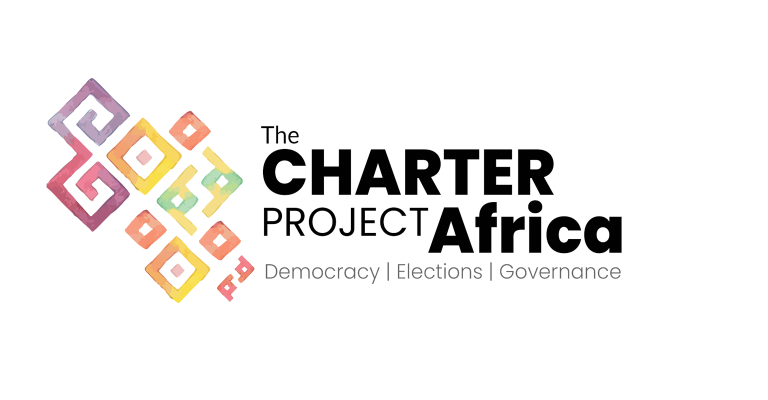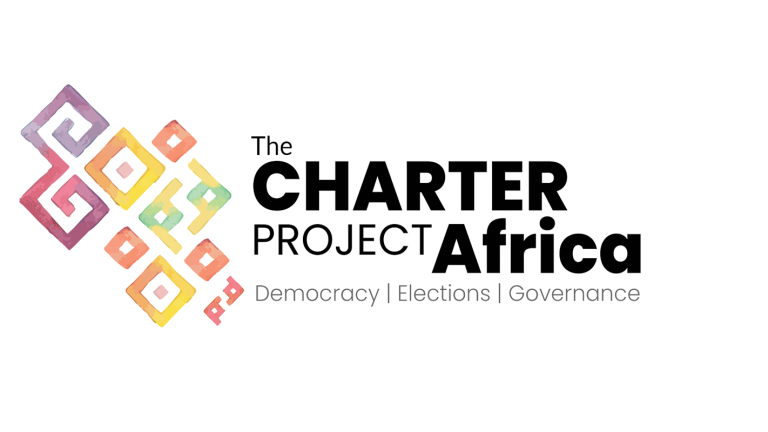
A guide to the African Charter on Democracy, Elections and Governance
The AU has a mandate to promote governance on the continent, but that does not mean that it can consistently enforce the rules. Why? What are the rules shaping AU decisions? And how are they followed? Learn about the most prominent instrument defining this continental governance agenda: the African Charter of Democracy, Elections and Governance.
This page is also available in French.
Recent military coups and constitutional manipulation have drawn attention to the issue of governance in African countries, and what can be done to improve it. The African Union (AU) plays a role in setting normative frameworks around governance in Africa and it relies on various legal and policy documents agreed on by its member states to play that role. The AU for example rejects unconstitutional changes of government and member states that breach this norm can face sanctions, such as suspensions of membership from the AU. But such actions are not consistently taken. What are the rules that shape if and how the AU tries to enforce such norms? And how can international and continental treaties help improve governance and accountability from the bottom up?
In this guide, you can learn about the most prominent instrument that defines this continental governance agenda: the African Charter on Democracy, Elections and Governance (ACDEG), which turns 15 in early 2022. It outlines the main rules that apply to states and their responsibility towards their citizens on a range of political, economic and social issues pertaining to governance. Here we look into what it is, how it fits in this controversial but important African governance agenda, and where civil society organisations fit when it comes to the realisation of the ACDEG in practice.
Explore the guide
The Charter Project Africa
This guide was produced for the Charter Project Africa, which receives co-funding from the European Union.










